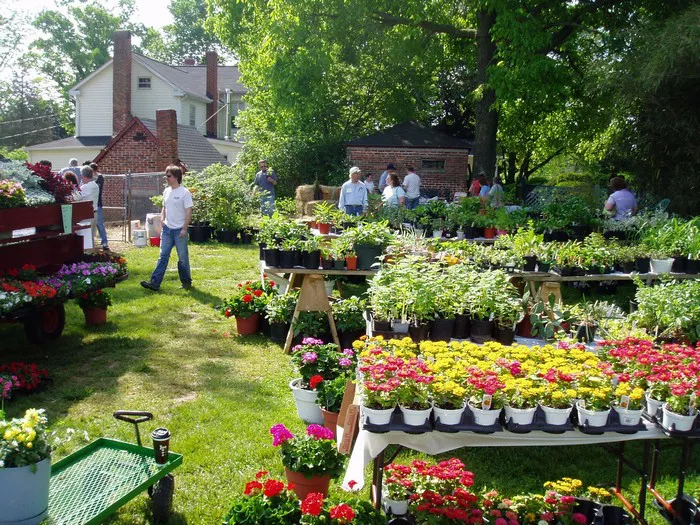Auckland, New Zealand – In a bid to offer environmentally conscious alternatives, The Wild Rose, a local Auckland florist, has adopted a new packaging solution that reduces their environmental footprint. The move highlights a growing trend in the floristry industry towards more sustainable practices.
Traditionally, florists have relied heavily on non-biodegradable plastic cellophane to wrap their flowers. This material, often ending up in landfills, poses a significant environmental concern. The Wild Rose, however, has found a solution with cellophane, made from renewable cellulose. This material, sourced from responsibly managed plantations, is fully biodegradable and compostable at home.
“We’re thrilled to offer our customers a beautiful and sustainable option,” said the owner of The Wild Rose. “It’s about finding ways to deliver beautiful flowers without sacrificing our commitment to the environment.”
To ensure their customers are aware of the change, The Wild Rose provides a simple test to differentiate cellophane from traditional plastic cellophane. Simply burning a small piece will reveal the difference: cellophane will burn like paper, while plastic cellophane melts and blisters. However, sourcing cellophane in New Zealand remains challenging, leading The Wild Rose to believe that most florists continue to use plastic cellophane.
The shop’s commitment to sustainability extends beyond the wrapping. In another step towards eco-friendly practices, they have replaced bleached white tissue with wool for providing water to the flower stems. Wool, being 100% biodegradable and home compostable, offers a sustainable alternative to traditional materials.
“It’s about making conscious choices, We believe in supporting sustainable practices, and we’re proud to be a part of the movement towards a greener future for the floristry industry.”
The Wild Rose’s efforts serve as a reminder that even small businesses can make a significant difference in protecting the environment. By embracing sustainable packaging options, they are leading the way for other florists to follow, encouraging a shift towards a more environmentally responsible future for the industry.


